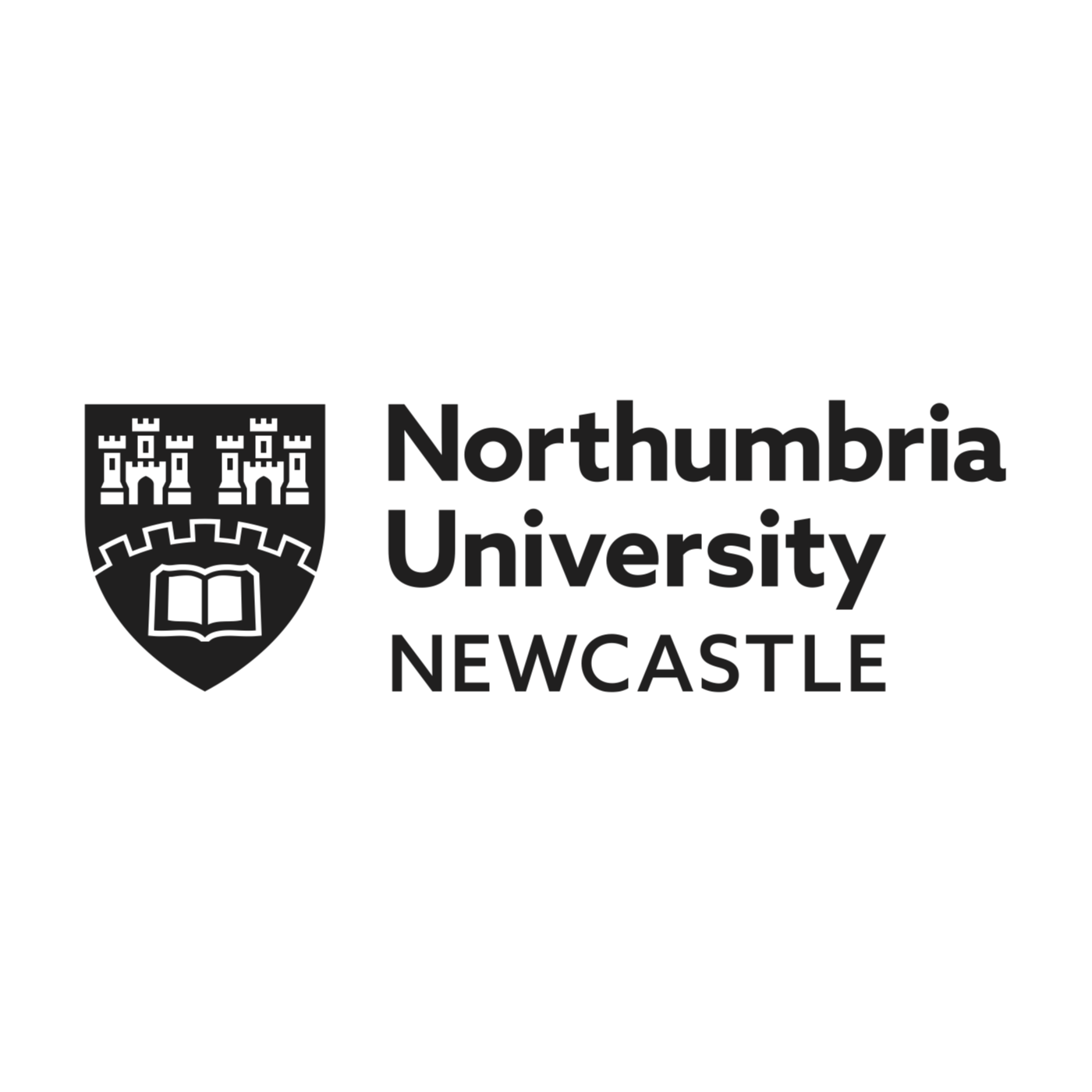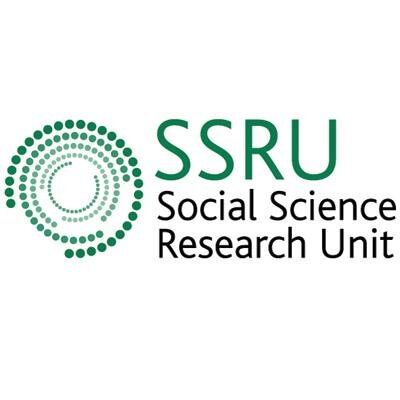Measuring children’s subjective wellbeing
Wellbeing is ‘how we’re doing’ and how sustainable that is for the future. We are aiming to improve wellbeing for the whole population in the UK, including for children and young people – who are our future. This means we need to be looking regularly at how our young people are doing.
While we have very good national data on the wellbeing of adults, the national statistics on children and young people’s wellbeing in the UK, although robust and collected over a long period of time, is a small sample provided by Children’s Society and more recently the Big Ask survey from the Children’s Commissioner.
In partnership with The Children’s Society, we are publishing a comprehensive bank of measures of children’s wellbeing. This will help schools, colleges, universities and other settings measure the wellbeing of the children in their care.
It is supported by the Health Foundation, an independent charity committed to bringing about better health and health care for people in the UK.
Resources in this project:
A conceptual report explaining the differences between three core domains of subjective wellbeing – cognitive, affective and eudemonic – and other related concepts commonly used in the children’s wellbeing literature (e.g. mental health, resilience).
>Download the conceptual framework here.
A searchable bank of measures, a resource for policy makers and practitioners to identify appropriate measures for children’s wellbeing for use in their specific context. This bank of measures is being developed through a Rapid Evidence Assessment (REA) methodology to identify, collate and appraise the quality of existing measures.
>Download the measures bank here.
A user guide to help navigate the measures bank and make informed decisions when choosing different measures, taking into account ethical and practical considerations.
>Download the user guide here.
See also our blog on this topic.
#BeeWell
These measures are used by an increasing number of settings and the #BeeWell project will be trialling them across Greater Manchester secondary schools over the next three years.
#BeeWell is a good example of measuring young peoples’ wellbeing at large scale, using validated measures. Its methodology – driven by young people and refined by a panel of expert academics – is a great platform towards achieving this broader objective.
Existing research
- The Department for Education – ‘State of the Nation 2020: Children and young people’s wellbeing’.
- Public Health England – Fingertips Profile of Children and Young People’s Mental Health and Wellbeing.
- The Office for National Statistics – Wellbeing Indicators set.
- The Children’s Society – 2021 Good Childhood Report.
- OECD – Measuring What Matters for Child Wellbeing and Policies.
People
-
Nancy Hey
-
Michael Sanders



